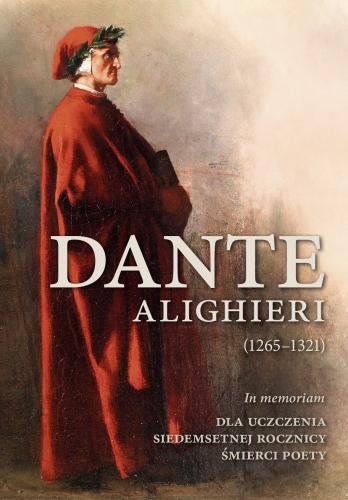“Vatificis prolutus aquis et lacte canoro viscera plena ferens.” Two Dantean eclogues framed by a portion of remarks
Synopsis
This study is devoted to two works by Dante Alighieri that are very closely connected, namely two eclogues, the 68-verse Vidimus in nigris albo and the 97-verse Velleribus Colchis praepes. The reader is presented with the Latin text of these eclogues and their first translation into Polish. In order to make the reading of the translation at least relatively exhaustive, the translation has been provided with various longer and shorter commentaries. The whole is preceded by a paragraph discussing the circumstances in which the indicated works were composed. The above-mentioned bucolics by the author of the famous Divine Comedy deserve some attention, if only for the fact (1) that among Alighieri’s works there are only two of them, (2) that contrary to other poetic works by this author they were written in Latin and (3) that they are not present in the Polish-language literature on the subject. Serious arguments, on the other hand, urging one to familiarize oneself with the indicated poetry are these. (4) In the first place, these two Dante’s eclogues, together with the one by Giovanni del Virgilio, are the first eclogues to be written in European literature since later antiquity; and their creation must therefore be seen as a turning point in the history of our literature, in the history of literature at the beginning of the fourteenth century: as the point from which the eclogue begins its second life. (5) Secondly, these bucolic poems are a kind of lens through which the situation of the word of art at the beginning of the Trecento can be examined quite closely. The reason for this is that the world depicted in these works reflects a fragment of the real world of the time and that the individual protagonists of the poetry in question, together with their respective literary views, can be identified with particular historical figures who thought in this way and not in another. (6) Thirdly and finally, the bucolics Vidimus in nigris albo and Velleribus Colchis praepes make it clear that Alighieri was not only a brilliant poet of the Italian language, but also an outstanding writer of the Latin language.



